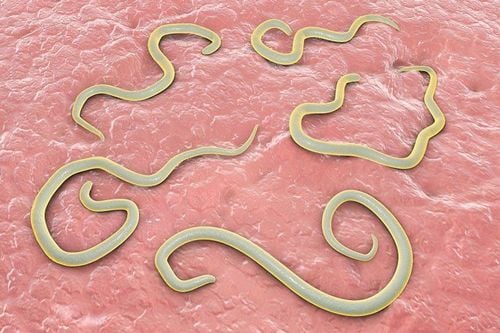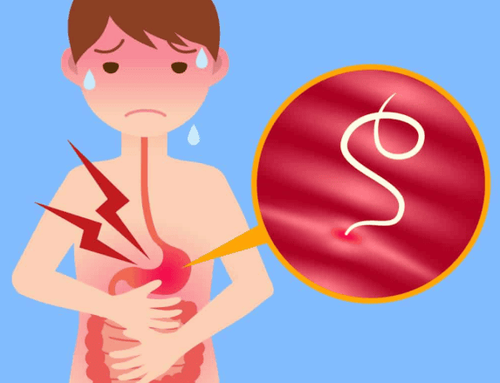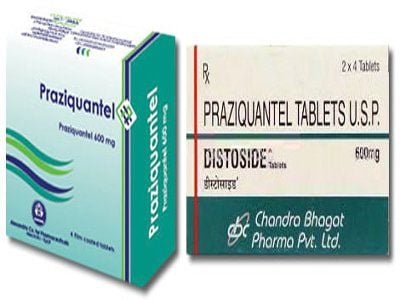Article written by the Pediatrician of Pediatric Center - Vinmec Times City International Hospital
Intestinal worms are parasites that live inside human bodies and can severely affect children's development, including health, nutrition, cognitive growth, and academic performance. Therefore, parents should pay attention to not only preventing worms as recommended by the Ministry of Health but also ensuring regular deworming for children.
1. Why are Children Infected with Worms?
Intestinal worms are parasites such as tapeworms, roundworms, pinworms, and hookworms. They reside in the intestinal walls of humans and animals and can lead to diseases if left untreated. Unsanitary environments, contaminated water, or food are common causes for intestinal worms to enter the human body. Early diagnosis can help identify the type of worms the child is infected with. From there, doctors will provide appropriate treatment and prescribe the right medications.
Some factors that make children more susceptible to worm infections include:
- Contaminated water

- Poor hygiene
- Eating uncooked food
- Thumb sucking
- Chewing on toys
- Pets infected with worms
- Not washing hands before eating and after using the toilet.
2. Symptoms of Worm Infection in Children
Here are some symptoms that may indicate a child is infected with worms:
- Abdominal pain
- Reddish or rash on the buttocks
- Worms visible around the anus
- Vomiting or diarrhea
- Weight loss
- Anemia related to parasitic worms
- Blood in stool
- Constipation
- Frequent urination

3. Treatment Methods
Deworming depends on the type of worms and the child's symptoms. Types of worms like tapeworms often die off if the child follows a healthy diet and has a strong immune system. However, in most cases, it's advisable to consult a doctor for treatment guidance. Worms lay eggs inside the host's body and multiply if not treated, making deworming difficult and time-consuming. Therefore, the deworming medication for children varies according to the child's age and the type of worms present.
4. How to Prevent Worm Infections in Children?
- Properly wash hands with soap before eating and after using the toilet
- Thoroughly wash fruits and vegetables before eating and ensure anything the child consumes is free from worms
- Avoid giving children uncooked food
- Avoid drinking water from public sources and always drink filtered water.

5. Frequently Asked Questions About Deworming for Children
5.1 How often should I deworm my child?
Answer: According to WHO recommendations, deworming every six months is sufficient.
5. 2. What do worms in children look like?
Answer: Pinworms are the most common type in children, appearing as small white threads, typically seen around the anus at night.
5.3. What are the side effects of deworming in children?
Answer: Generally, deworming medication has no side effects, but in some rare cases, mild side effects such as nausea, mild headaches, and vomiting may occur.
5.4. Can newborns get worms?
Answer: Everyone can get worms regardless of age, but infants are less common.

5.5. Is there a specific age to start deworming?
Answer: Two years old is the recommended age to start regular deworming.
The situation of worm infections in our country is currently at an alarming level. Therefore, everyone needs to implement effective preventive measures. First, eliminate habits that make children more susceptible to infections, and establish a safe, healthy lifestyle. Additionally, parents should observe any unusual signs to detect illnesses early and remember to deworm children regularly every six months.
To protect children from health threats, it's essential to monitor and take them for check-ups when any abnormalities arise.
Moreover, to prevent common illnesses in young children, parents should pay attention to nutrition that boosts their immune system. Also, supplement foods containing lysine, essential minerals, and vitamins such as zinc, chromium, selenium, and Group B vitamins to support the immune system and enhance resistance, so children experience fewer minor illnesses and digestive problems.
Parents can learn more about:
- Why supplement of lysine is needed for children?
- The role of zinc - Guidelines for proper zinc supplementation.
Be sure to frequently visit the Vinmec.com website to update useful information for caring for your child and family.













